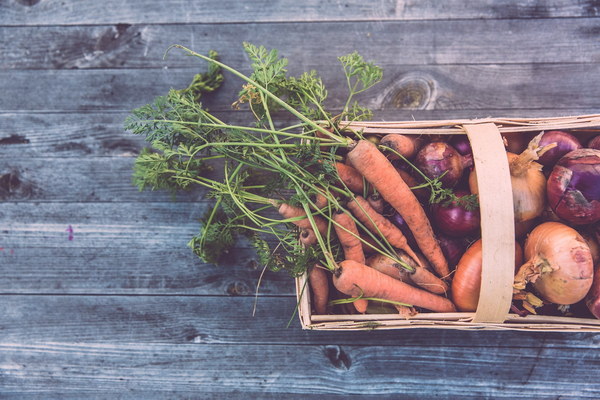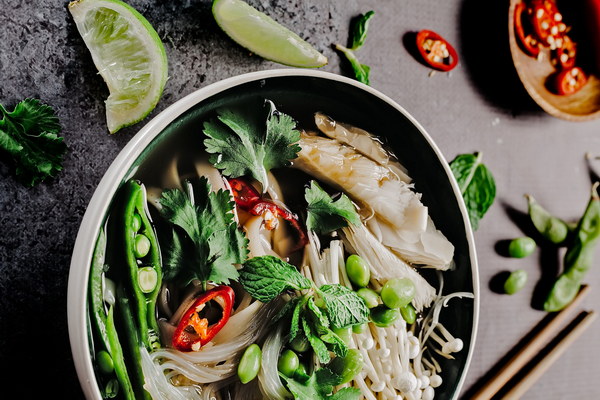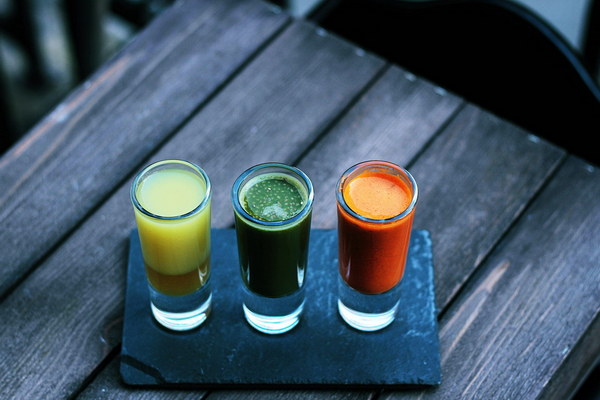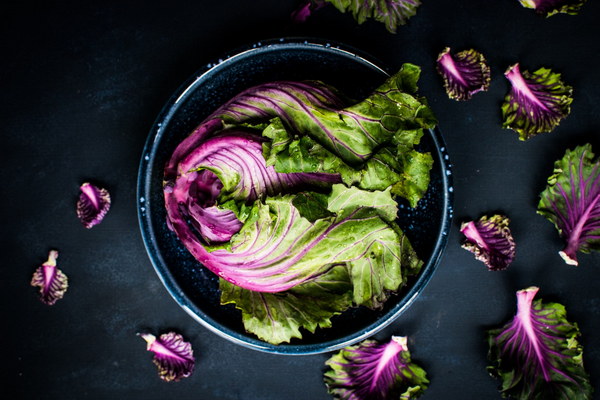Nourishing Your Pregnancy A Guide to Diet and Remedies for Gestational Gastritis
Gestational gastritis, a condition characterized by inflammation of the stomach during pregnancy, can be quite uncomfortable for expectant mothers. However, with the right diet and remedies, you can manage the symptoms and ensure a healthy pregnancy. This article will guide you through the best foods and natural treatments to soothe your stomach and support your overall well-being.
Understanding Gestational Gastritis
Gestational gastritis is thought to be caused by hormonal changes and increased blood flow to the stomach during pregnancy. Symptoms may include heartburn, nausea, bloating, and indigestion. While it can be distressing, this condition usually resolves after childbirth.
Nourishing Your Diet
A balanced diet is crucial during pregnancy, and more so when you're dealing with gestational gastritis. Here are some dietary tips to help manage your symptoms:
1. Small, Frequent Meals
Instead of three large meals a day, opt for smaller, more frequent meals. This can help prevent overeating and reduce stomach acidity. Aim for five to six mini-meals throughout the day.
2. Easy-to-Digest Foods
Choose foods that are easy on the stomach, such as bananas, rice, applesauce, toast, and yogurt. These foods are gentle on your digestive system and can help reduce symptoms of heartburn and nausea.
3. Avoid Trigger Foods
Identify and avoid foods that exacerbate your symptoms. Common trigger foods include spicy, fried, and acidic foods. Also, steer clear of caffeine, alcohol, and carbonated beverages.
4. Hydration

Drinking plenty of fluids is essential for digestion and overall health. Water, herbal teas, and clear broths are great options. Avoid drinking large amounts of fluids with meals, as this can increase stomach acidity.
Natural Remedies for Gestational Gastritis
In addition to dietary adjustments, there are several natural remedies that can help soothe your stomach and alleviate symptoms:
1. Ginger Tea
Ginger has long been used as a natural remedy for digestive issues. Brew a cup of ginger tea and sip slowly to help ease nausea and reduce stomach inflammation.
2. Peppermint Oil
Peppermint oil can help relax the muscles in the stomach and reduce symptoms of indigestion. Add a few drops to a carrier oil and massage gently on your abdomen.
3. Probiotics
Probiotics can promote a healthy gut flora, which may help alleviate symptoms of gastritis. Look for probiotic-rich foods, such as yogurt, kefir, and sauerkraut, or consider taking a probiotic supplement.
4. Acupuncture
Acupuncture has been shown to help manage symptoms of gestational gastritis by reducing inflammation and improving digestion. Consult with a qualified acupuncturist to determine if this treatment is right for you.
Conclusion
Gestational gastritis can be challenging, but with the right approach, you can manage your symptoms and enjoy a healthier pregnancy. By following these dietary guidelines and natural remedies, you can soothe your stomach and support your overall well-being. Remember to consult with your healthcare provider before making any significant changes to your diet or treatment plan.









